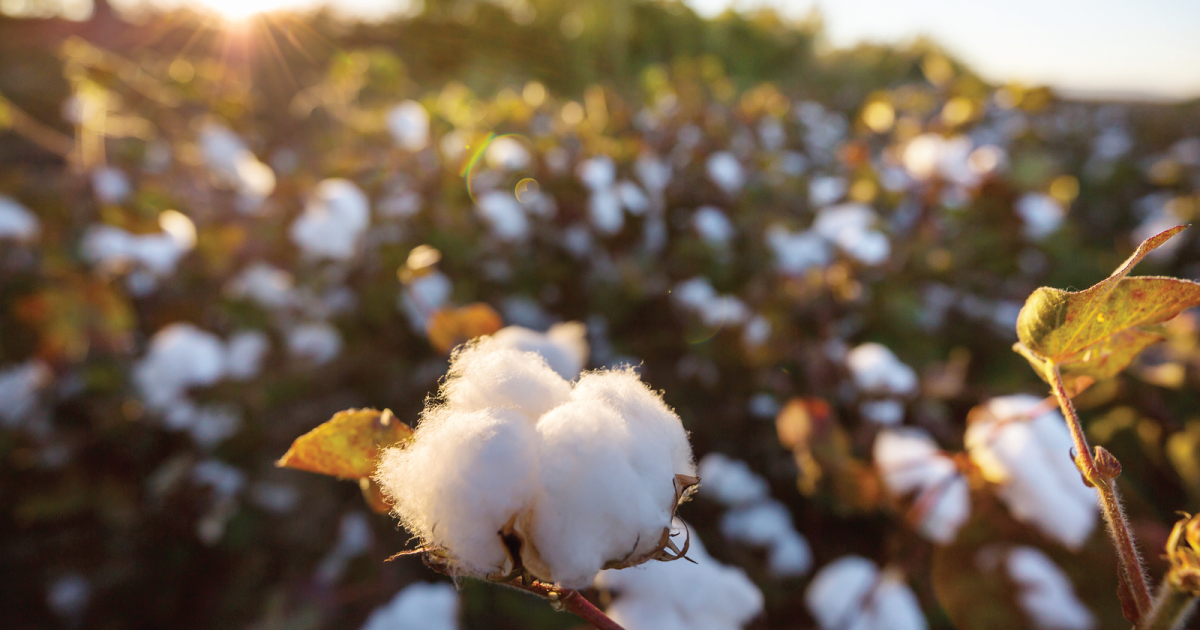
Farmers in Brazil’s Cerrado Cotton On to the Benefits of Agroecology
At the start of the COVID-19 pandemic, 46 cotton-farming families in Brazil’s Minas Gerais began practicing agroecology, a sustainable farming approach that works with nature. Working with a sustainable farming NGO, the farmers plant secondary and tertiary fruit and vegetable crops alongside their primary cotton crops, and eschew chemical fertilizers and pesticides in favor of organic alternatives.
April 1, 2023 | Source: Mongabay | by Luiz Fellipe Silva and Fellipe Abreu
Antonio Marcos, who runs a local cooperative, convinced [nearby] farmers to dedicate just 1 hectare (2.5 acres) of their land to the project. He guided them through the four fundamental stages: planning and soil preparation, planting, care, and harvest.
Within this single hectare of land, Marcos taught them, 50% of the area should be planted with cotton in strips up to 1 meter (3 feet) wide, lined with strips of secondary and tertiary crops. Secondary crops include sesame and other food crops, while tertiary ones, chosen by each farmer, include pumpkin, watermelon, corn, turmeric and other fruits and vegetables.
The farmers are taught to use non-industrial products throughout the entire farming process. Animal manure and organic compost serve as fertilizer, and limestone, rock dust and rock phosphate in place of industrial alkalis for liming. For pest control, they eschew insecticides and instead invest in crop diversification and manual capture techniques.
